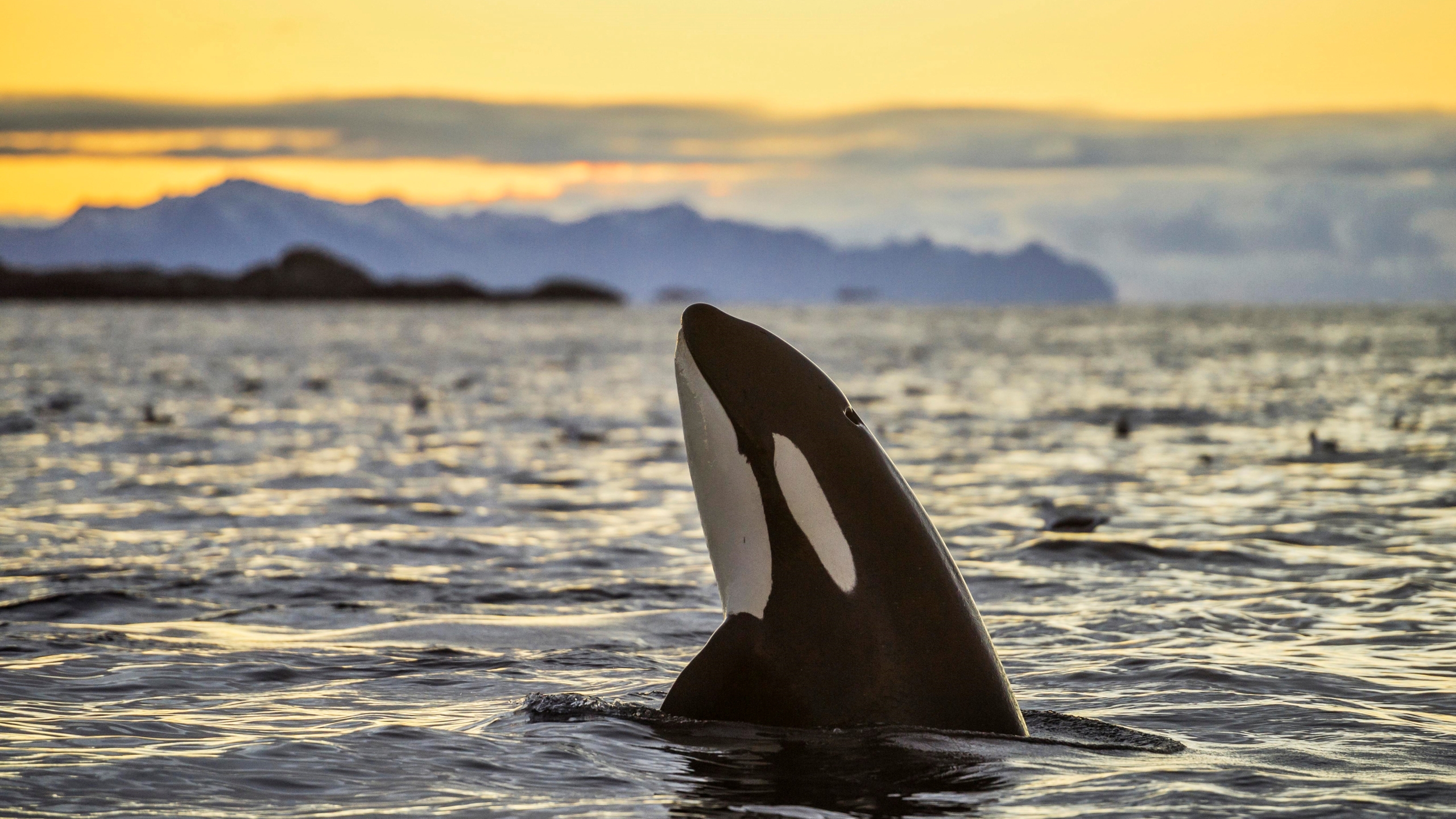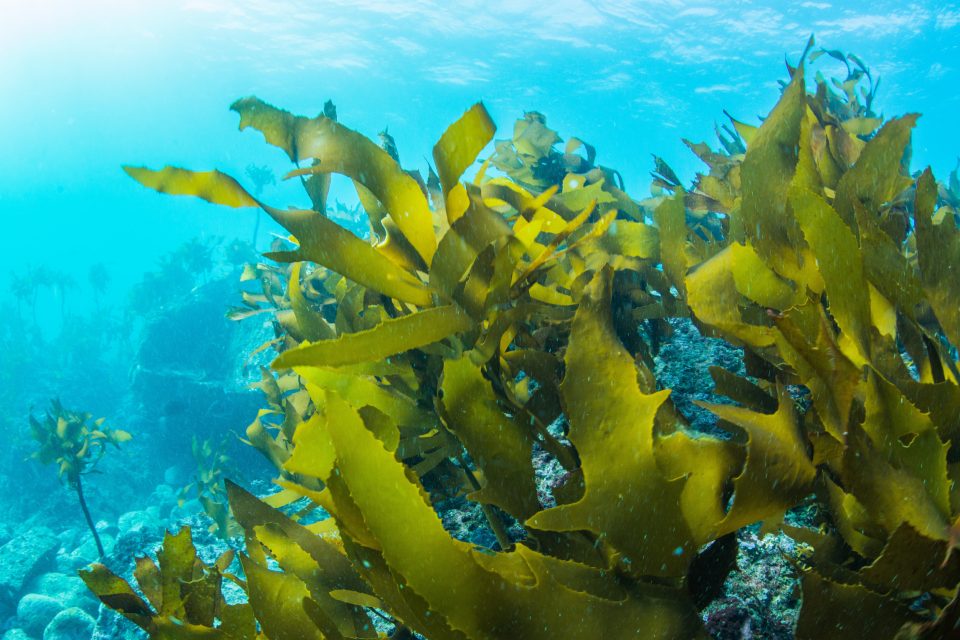
Five passengers were rescued last month after their sailboat was attacked by a pod of orcas off the coast of Portugal. Raffaella Ciccarelli of 9News reports that when the boat began to take on water, the passengers launched a life raft and were scooped up by a passing fishing boat.
This sort of interaction between humans and orcas around the beaches of Portugal and Spain was previously unheard of, but has become increasingly common since 2020. The creatures have begun coming up to the sailboats, sometimes coming so close as to break off the rudders.
Environmentalists ask that these occurrences be viewed in a benign light. “According to Alfredo López of Iberian Orca, a conservation organisation, according to Robyn White of Newsweek, “these are not attacks, they are encounters, that is, killer whales perceive a strange thing that enters their lives and respond to its presence, but not in a violent way.”
Orcas, often known as killer whales, are the largest species of dolphin. However, orcas have been known to hurt and even kill individuals when kept in captivity, despite never having killed a human in the wild.
In 2011, there were only 39 members of the orca subpopulation that calls the waters off the Iberian Peninsula home. This pod of orcas was listed as severely endangered three years ago.
While scientists have a few theories as to why these animals are drawn to boats, no one knows for sure. Renaud de Stephanis, president and coordinator of the Spanish cetacean conservation nonprofit CIRCE Conservación Information and Research, tells NPR’s Scott Neuman that the animals may prefer the pressure caused by a rotating propeller. Orcas may become irate if the propeller isn’t turning, at which point they may attempt to dismantle the rudder.
Alternatively, as Jared Towers, director of the Canadian research organisation Bay Cetology, tells NPR, this could be be a new “fad” among young orcas that fades as they mature. Another peculiar orca pattern was spotted by researchers in the 1990s, although it has since died down.
Towers explains to NPR that fish-killing dolphins often wore dead fish atop their heads. “The likes of which we haven’t seen in quite some time.
Some scientists, however, worry that the new behaviour could spread to other orcas, putting shippers and the critically endangered whales at risk.
This issue is likely to worsen as more animals adopt this new habit, engaging with the vessels, as the authors of a report on these encounters with orcas noted in the journal Marine Mammal Science earlier this year. The need for focused research to improve our knowledge of animal behaviour and develop effective preventative measures is pressing.###









